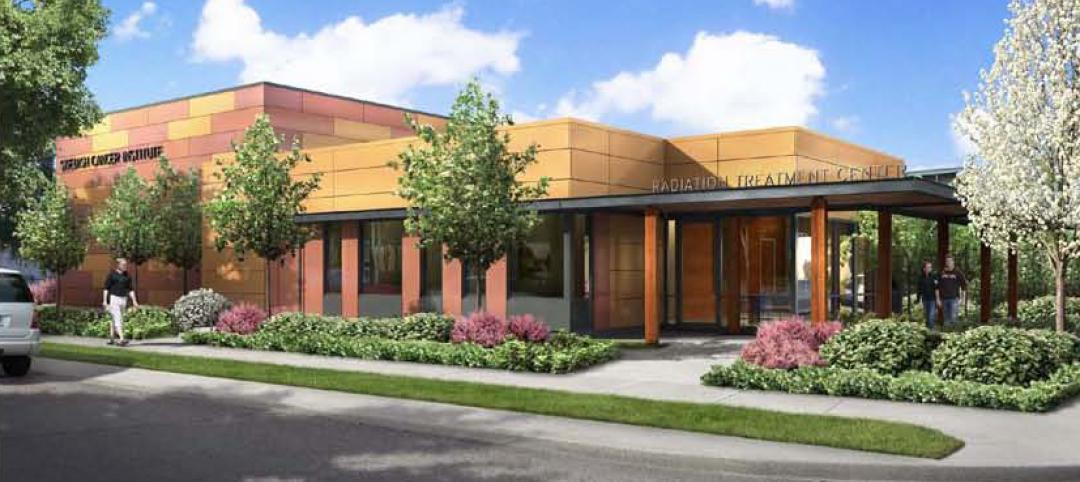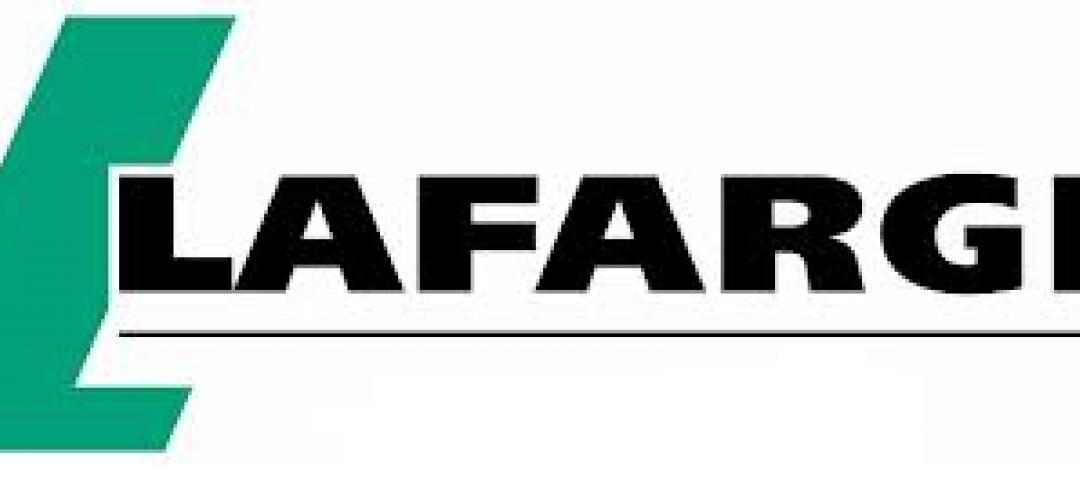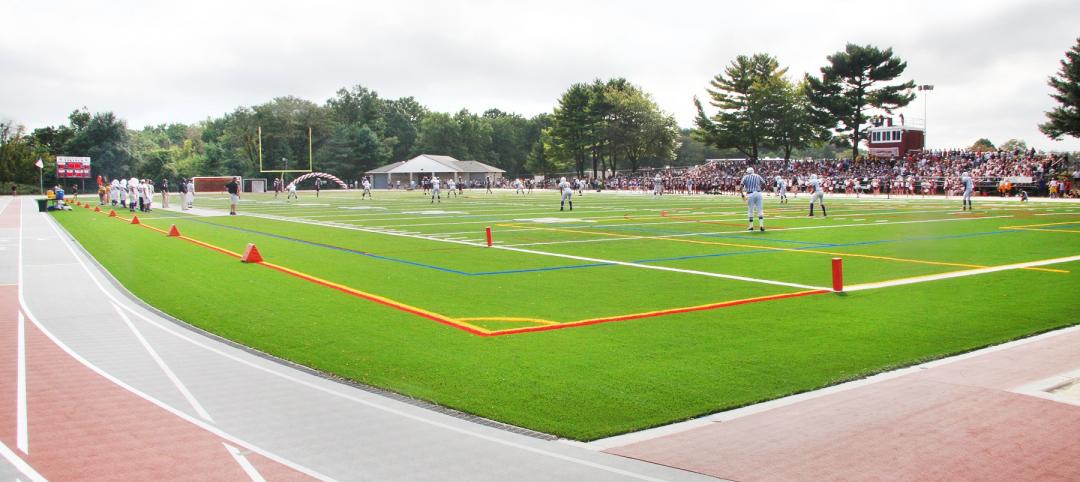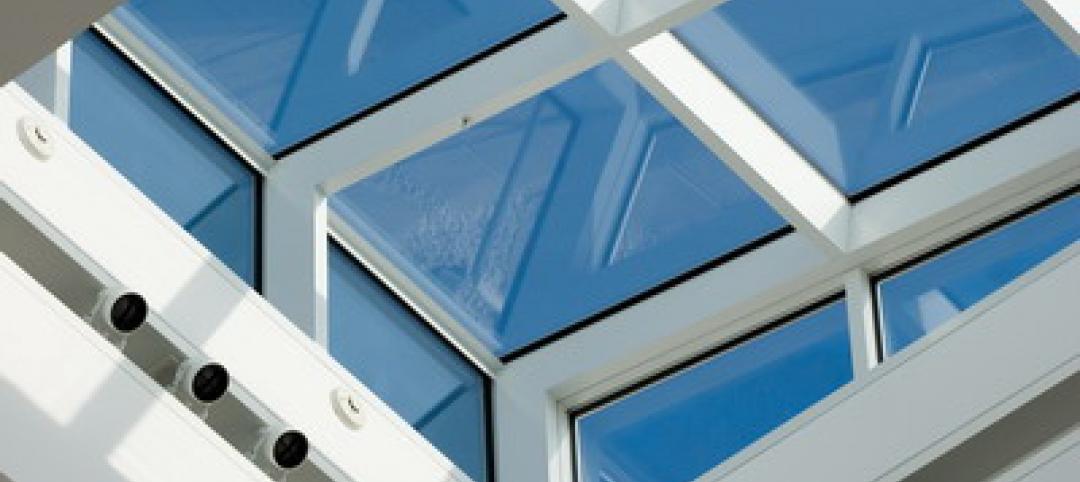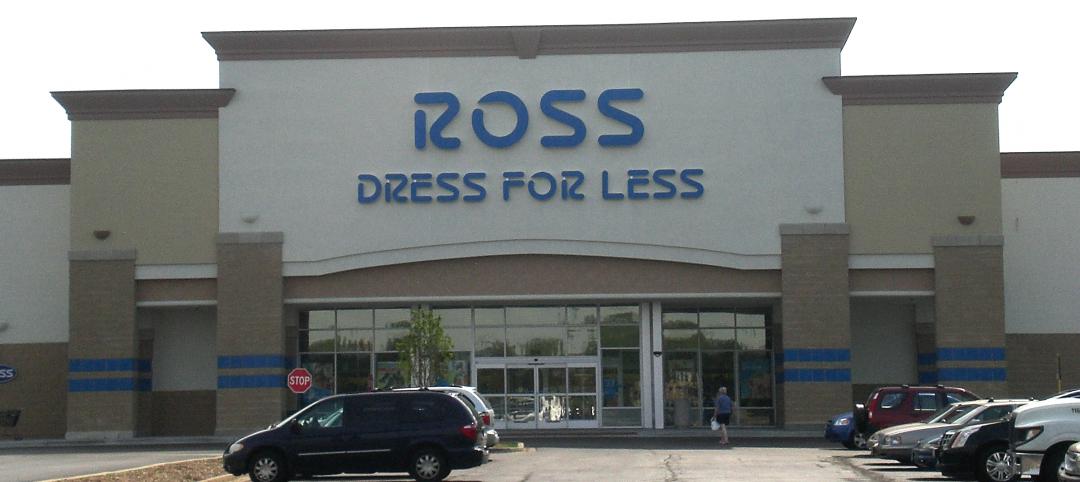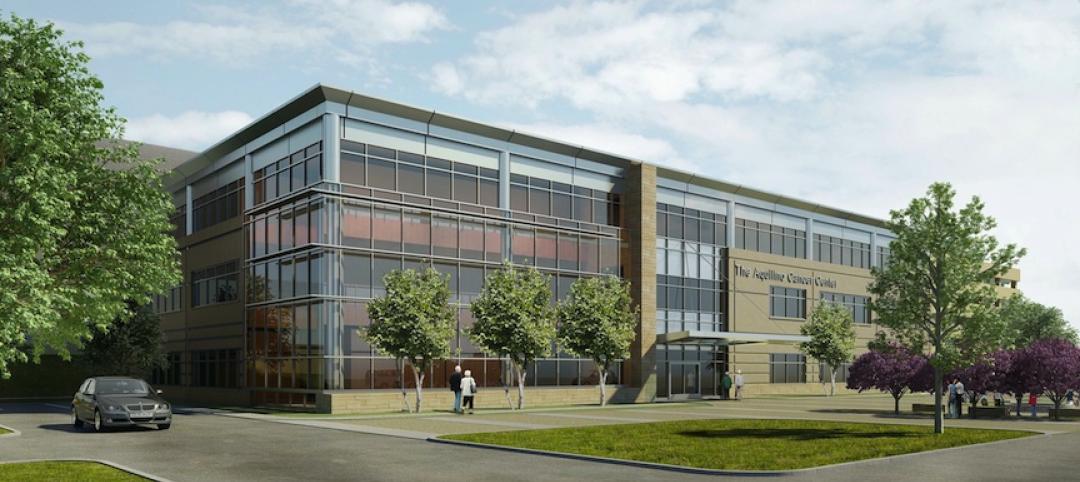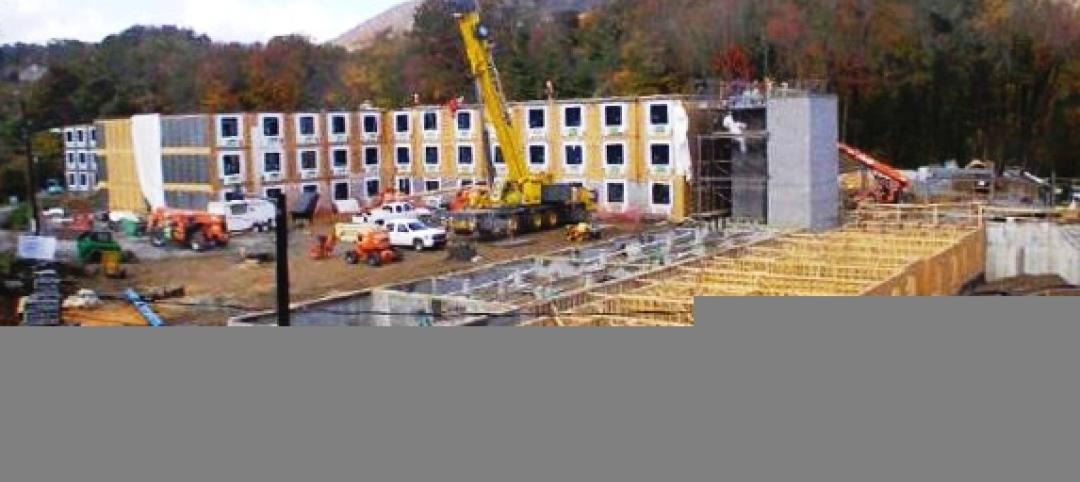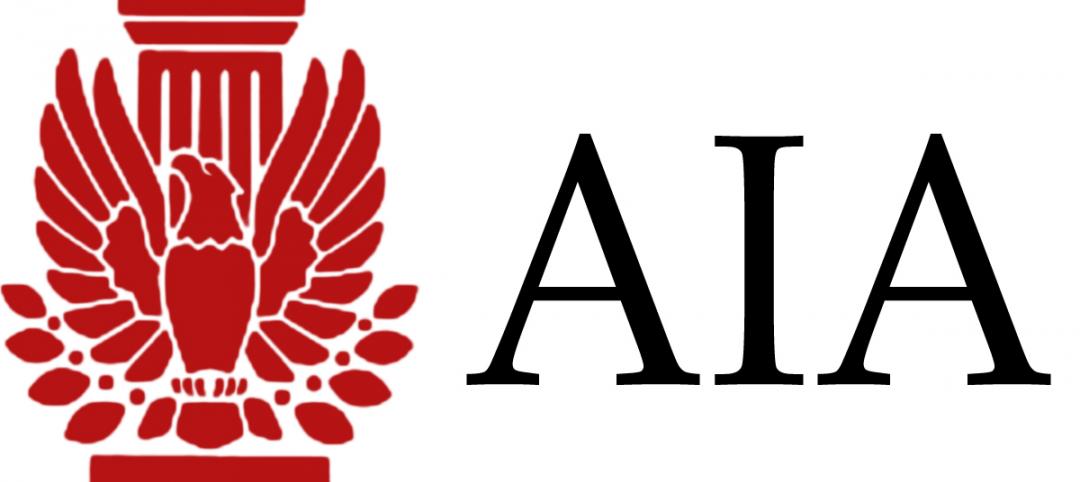Joining pipe can be a demanding task. Even with proper equipment and training, traditional methods of installation still run the risk of causing injury to installers, experienced or not. Liberty Utilities of New Hampshire wanted a way to keep its installers safe without compromising the quality of their installations, which is why the utility provider decided to start installing Viega MegaPress.
“We’re doing 500 in-to-outs and the biggest concern was the wear and tear on the installers’ arms, trying to save their bodies from the wrenching they’re doing,” said Bob Mostone, Gas Service Department Supervisor for Liberty Utilities. “Less mess and threading, that was what caught my eye. It’s easier to fit things together, especially since we’re changing out large-volume meters to rotary meters. Cutting out old flanges and installing new ones is a lot easier too.”
Mostone, who is a licensed gas fitter since 1991, has worked for the utility company for 29 years. When he first experienced press fitting technology, his first thought wasn’t about time savings.
“I saw press technology and I was interested in the wear and tear on the servicemen in the field,” said Mostone. “With Viega MegaPress, we have fewer soft tissue injuries, which are Liberty’s big concern this year.”
According to Mostone, every three months, Liberty’s Vice President of Operations and Engineering chooses a safety category to focus on. The previous category was trips and falls, and currently Liberty is focusing on reducing soft tissue injuries.
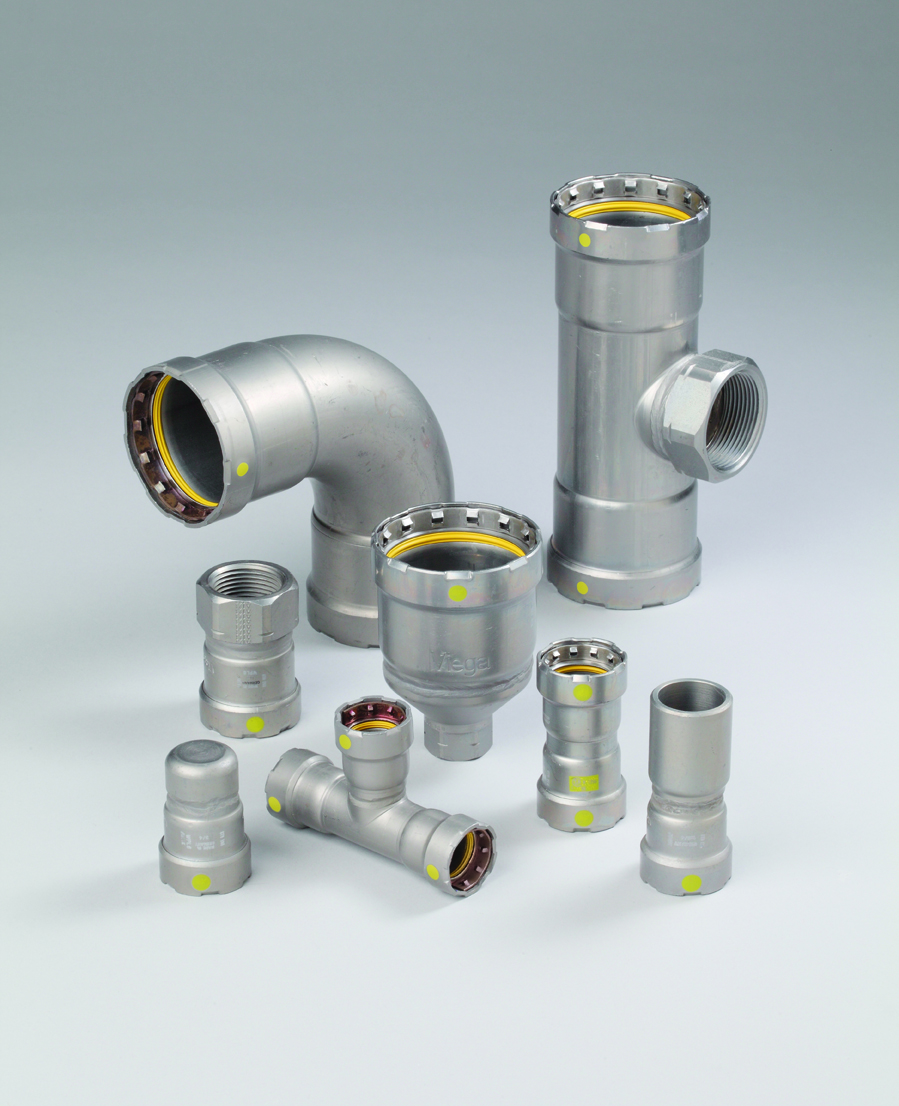
Viega MegaPress carbon steel press fittings
Liberty Utilities is installing Viega MegaPressG fittings in sizes ½" to 2" as it continues working to change out meters across its areas of service. Before experiencing Viega MegaPress, Liberty Utilities installed piping systems using traditional methods. When Liberty discovered the Viega MegaPress system, they were immediately interested in switching.
“The breaking point of the pipe is always weakest around the threads,” Mostone said. “The pipe-wall thickness from the thread breaks down. With threaded pipe, it snaps at the fitting. That’s our strong point now when we’re pressing them with Viega MegaPress.”
Viega MegaPress has allowed Liberty Utilities to take a weakness in black iron pipe joining and turn it into a strength.
Liberty Utilities worked with their local Viega Technical Manager to ensure that Viega MegaPress fittings would meet all codes and standards.
“We did a class with some of the pipers and the codes and standards group, and actually one of the local gas inspectors,” Mostone said. “From that class we voted to move forward to see if we could get it done. We went through the process for our company to approve it. We checked with the state fire marshal’s office and they were fine with it.”
Approved for more applications than any other carbon steel press fitting, Viega MegaPress saves installation time but also helps prevent labor-related injuries on the job.
“Saving wear and tear on the installers’ bodies was my biggest concern,” Mostone said. “Viega MegaPress is helping us with that.”
For more information, visit www.viega.us.
Related Stories
| Sep 28, 2012
Seattle is home to first LEED-certified modular radiation center
By using modular construction and strategic site design, RAD Medical Systems built the first radiation center to receive LEED certification.
| Sep 26, 2012
EDITORIAL OPPORTUNITY – BD+C Greenbuild 2012 Issue
Your firm is invited to contribute to this special issue, which will be distributed at Greenbuild San Francisco, Nov. 14-16, 2012.
| Sep 24, 2012
Reed Construction completes Lafarge headquarters in Chicago
Reed Construction was contracted to complete the full third floor build-out which included the construction of new open area work space, private offices, four conference rooms with videoconferencing capabilities and an executive conference boardroom.
| Sep 24, 2012
Chicago Lakeside shortlisted for the Sustainia Award
The “Lakeside Idea” is about bridging a brownfield industrial past to a green lifestyle future, from steel mill to innovation mill.
| Sep 24, 2012
$3.8-million athletic field and track opens in Glen Head, N.Y.
The complex also includes a new, one-story, multi-purpose building that serves as the main entry port to the athletic facilities.
| Sep 21, 2012
AAMA and WDMA release updated review and forecast that predicts industry trends
Significant volume is expected to return to the entry and interior door market as new construction demand is expected to grow at double-digit rates, outpacing remodeling and replacement activity as the housing market recovers.
| Sep 20, 2012
Mid-box retail study shows lack of available sites in Chicago
Existing supply is tight everywhere and almost non-existent in the most attractive zones.
| Sep 20, 2012
Forrester begins construction of freestanding cancer center in Montgomery County, Md.
The new 51,000-square-foot building will include two linear accelerator vaults for radiation equipment.
| Sep 19, 2012
Modular, LEED-Gold Certified Dormitory Accommodates Appalachian State University Growth
By using modular construction, the university was able to open a dorm a full year earlier than a similar dorm built at the same time with traditional construction.
| Sep 19, 2012
ABI back into positive territory
South continues to lead regions in demand for design services.


